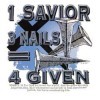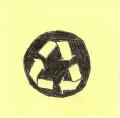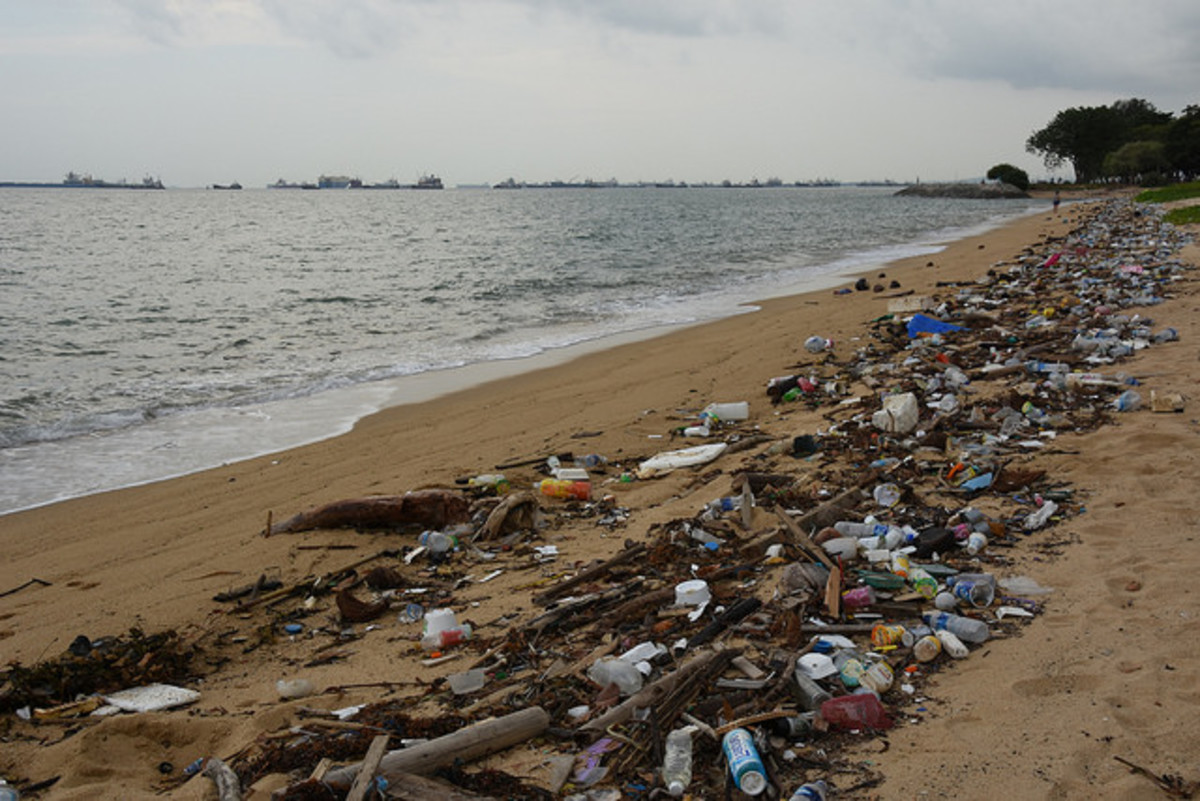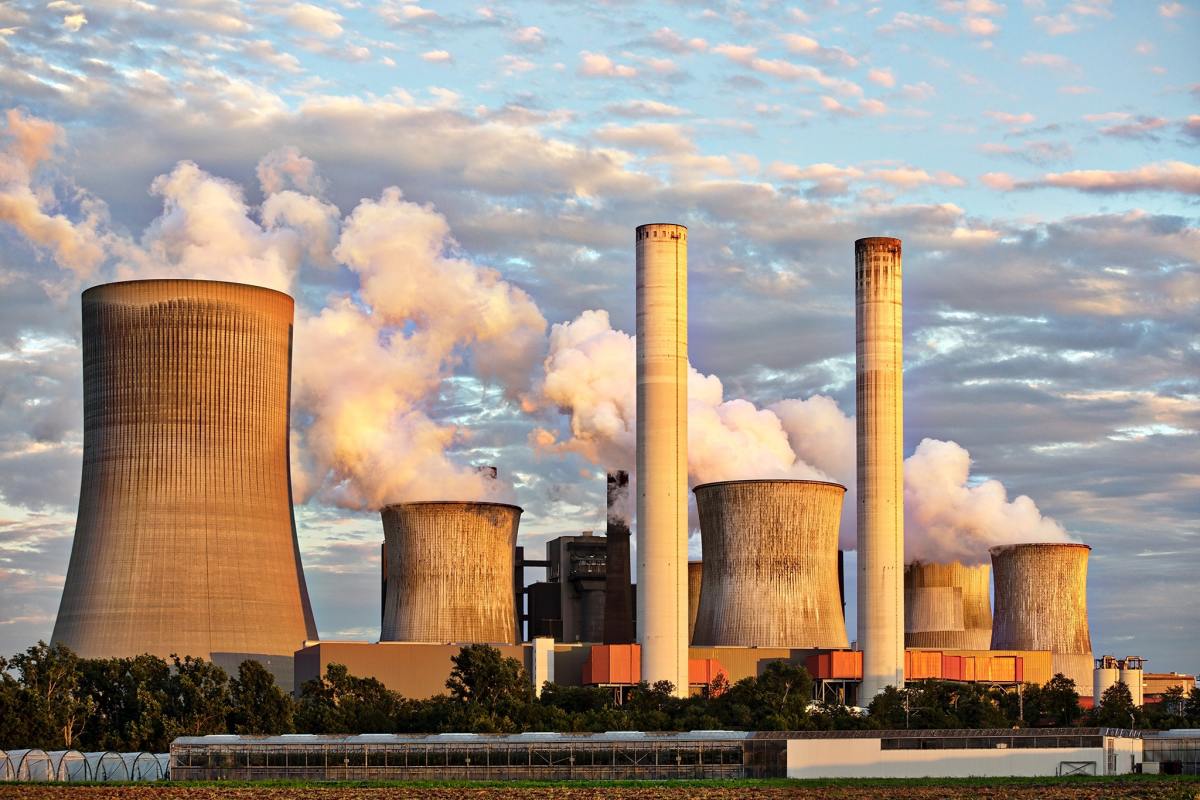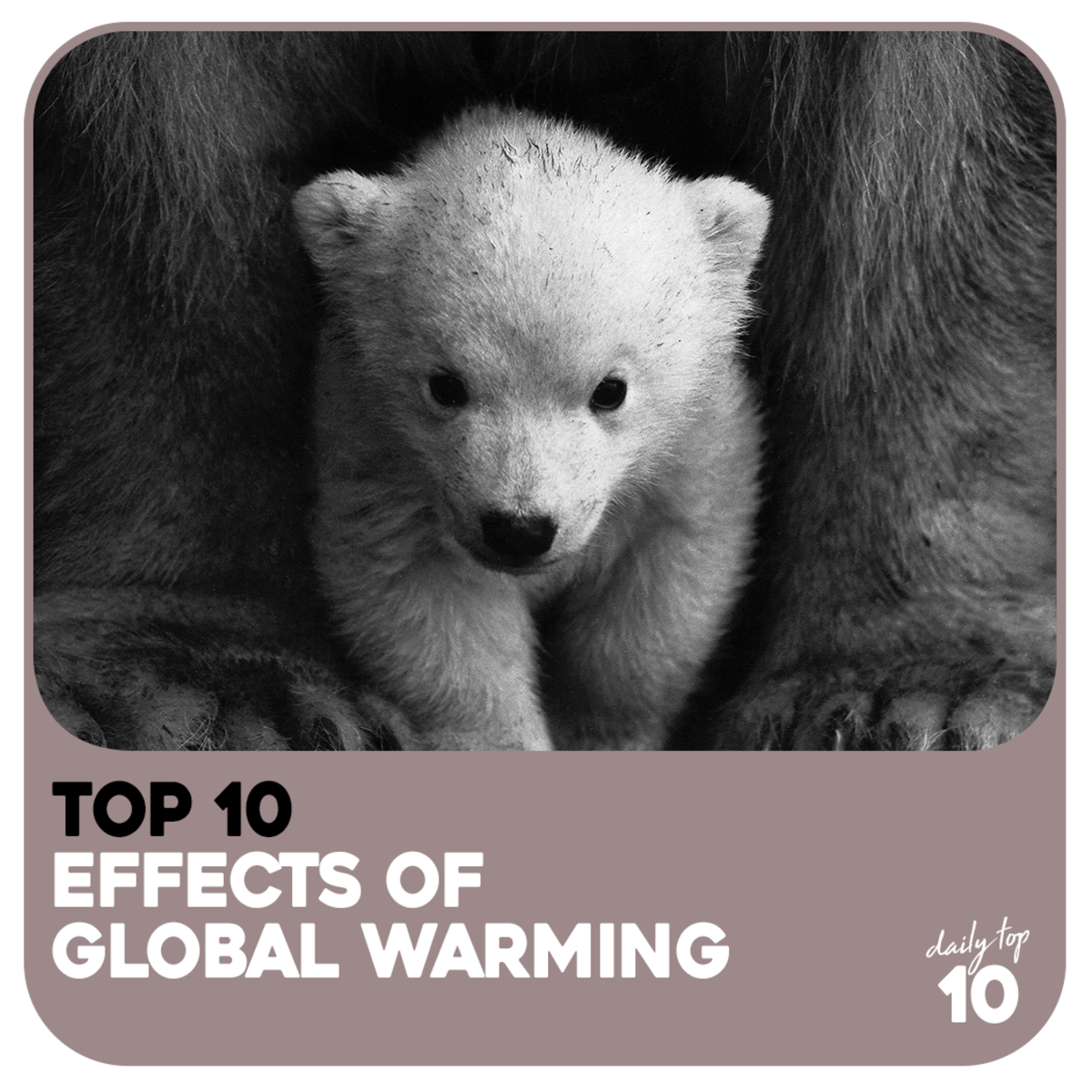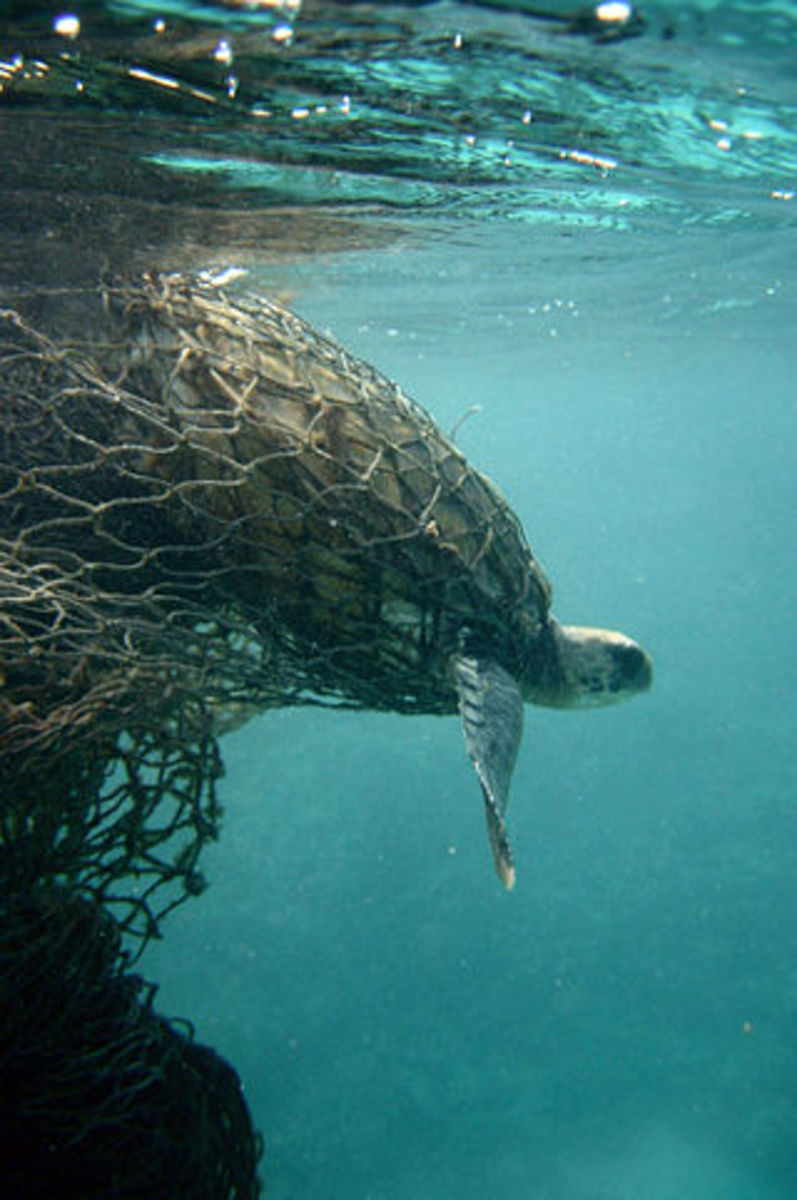Burning trash, bad or good for the environment.
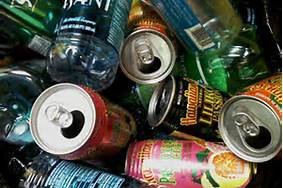
Burnables are separated from the metal and the glass.
When we burn, we don't want to dig charred bottles and cans out of the burn. We separate the metal, and drop it off at the home of a local retired man, he takes it to recycling and get 69 cents a pound.
Our neighbor requested our glass to be placed in his land fill.
My niece has a property across from ours. They have a gully they want to fill in. Her husband asked us to dump our glass and brush in the hole. In order to finish leveling the spot, he will pay quite a bit for dirt to be brought in. So the more fill, the less he will pay to fill in the hole.
We use much of our cardboard and junk mail as mulch.
Most ink is soy ink these days. We place ceareal box card board around the garden plants with other cardboard and junk mail. We throw some lose dirt on the paper to keep it from blowing away, and we water it down. Fewer weeds and better water absorption, and it's free.
The way we dispose of trash is environmentally sound.
The glass is inert, won't transfer any toxins to the soil. Glass recycling is virtually nonexistent in my area, it makes poor economic sense to recycle it. So glass in my area is transported to a land fill, along with transportation costs, and pollution from the gas and used to run and maintain the trucks. So we are filling in a gully, saving money for our neighbor, along with less pollution when the dirt is brought in.
When trash is burned, pollution does occur.
Recycling plastic and paper has a large environmental footprint. Transportation and electricity and chemicals used to repurpose the materials. The added expense of the repurposed items to consumer costs. Example; recycled printer paper costs more, and extra gas, coal and water is consumed, and pollution is generated to get this recycled product to the consumer.
Burning the plastic bottles and trash does not have a greater impact on the environment when you consider the entire chain of events in the recycling process.
Rural consumers automatically repurpose items due to trash pick up not being available.
The glass goes in one box, the cans go in another, the consumer electronics and unwanted appliances go to the recycle guy. Usable clothes go to drop off charity boxes in the grocery parking lot or to family in friends who want them. We do this save the extra work of burning the items.
Country folks have always done this, reusing is nothing new.
Craigslist, yard sales, roadside stands, bulletin boards and free newspapers, all of these things are the standard in rural America. Most of us are highly influenced by a tradition of save the cash and make stuff last longer, or put off buying it if you can.
So being green is being thoughtful about what is thrown away.
When you donate items, think, will someone want this? If not, the item will be kept by the charity for about thirty days, then discarded. They only have so much room. So when you have the feeling that you helped someone with your donation, think before you give items that no one will use. Ask your charity if the things you bring will really help. Anything usable will help. Broken items, and stained, torn clothes do not help. When you buy a used item, consider an additional donation to the ministry. Our local charities have utility payment programs, school supplies programs, food and clothing programs, they direct people to health services and social programs. They offer jobs, when possible, to those who need to be integrated into society, and they offer spiritual help to those who want it. Take your useable items to your local charity, do some good with your usable items.
My point is to direct thinking people to the entire chain of events in recycling.
All of the costs need to be considered. All of the environmental impact needs to be thought out. We are awash in stuff. Consider better quality, repairable items. Consider multiuse items, consider keeping items until they are worn out. Consider a smaller footprint, like a smaller home, wood heat, improved efficient lighting, appliances and equipment. Consider Putting more clothes on in winter, to minimize heating. So many things can, and are being done to have less of an impact on the environment.
We really are part of an amazing cycle of life.
Nothing really goes away, it just changes form. If you remember the school lesson, 'All energy is constant, it changes in form only', then you can consider that nothing is going away, it is just relocated or changes form. When it changes form, made into useful items, burned in a gas tank, burned in the brush pile, one must consider what the components break down to. When we repurpose and recycle, we need to see the entire process, we need choose the least impact method on the environment.
